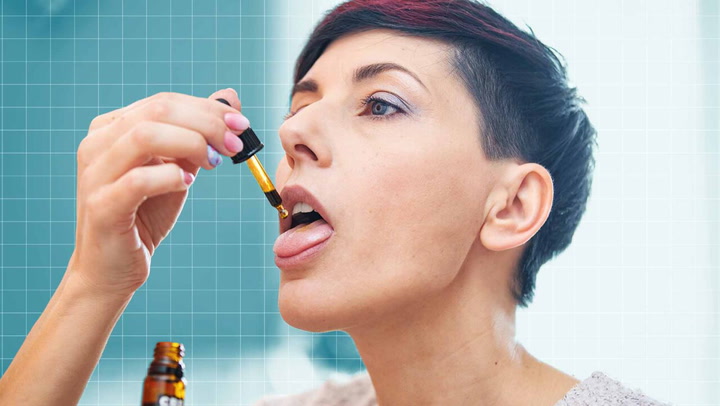Menopause is a natural process in women, usually around 45-55. It marks the end of a woman's reproductive years and is accompanied by various symptoms, including hot flashes, mood swings, and sleep disturbances.
Sleep problems are one of the most common symptoms experienced during menopause. Many women find it difficult to fall asleep or stay asleep throughout the night, leading to fatigue and irritability during the day.
CBD, or cannabidiol, is a compound derived from the cannabis plant. It has gained popularity recently for its potential health benefits, including its ability to promote relaxation and improve sleep.
Here's how CBD may help with sleep problems during menopause:

1. Reducing Anxiety: Menopause can increase anxiety and stress, which can interfere with sleep. CBD has been found to have anxiolytic (anti-anxiety) properties, which may help reduce anxiety and promote a sense of calmness, making it easier to fall asleep.
2. Pain Relief: Many women experience joint and muscle pain during menopause, which can also disrupt sleep. CBD has been shown to have analgesic (pain-relieving) properties, which may help alleviate pain and improve sleep quality.
3. Regulating Sleep-Wake Cycle: CBD interacts with the body's endocannabinoid system, which regulates sleep-wake cycles. CBD may help regulate sleep patterns and promote better sleep by promoting balance in this system.
It's important to note that while anecdotal evidence and some preliminary research suggest that CBD may be beneficial for sleep during menopause, more studies are needed to understand its effects and determine the optimal dosage fully.
Suppose you're considering using CBD for sleep problems during menopause. In that case, it's recommended to consult a healthcare professional knowledgeable about CBD and its potential interactions with any medications you may be taking.

In conclusion, CBD may offer potential benefits for improving sleep during menopause by reducing anxiety, relieving pain, and regulating sleep-wake cycles. However, more research is needed to fully understand its effects and determine the best approach for use. It's always best to consult a healthcare professional before starting any new supplement or treatment.
